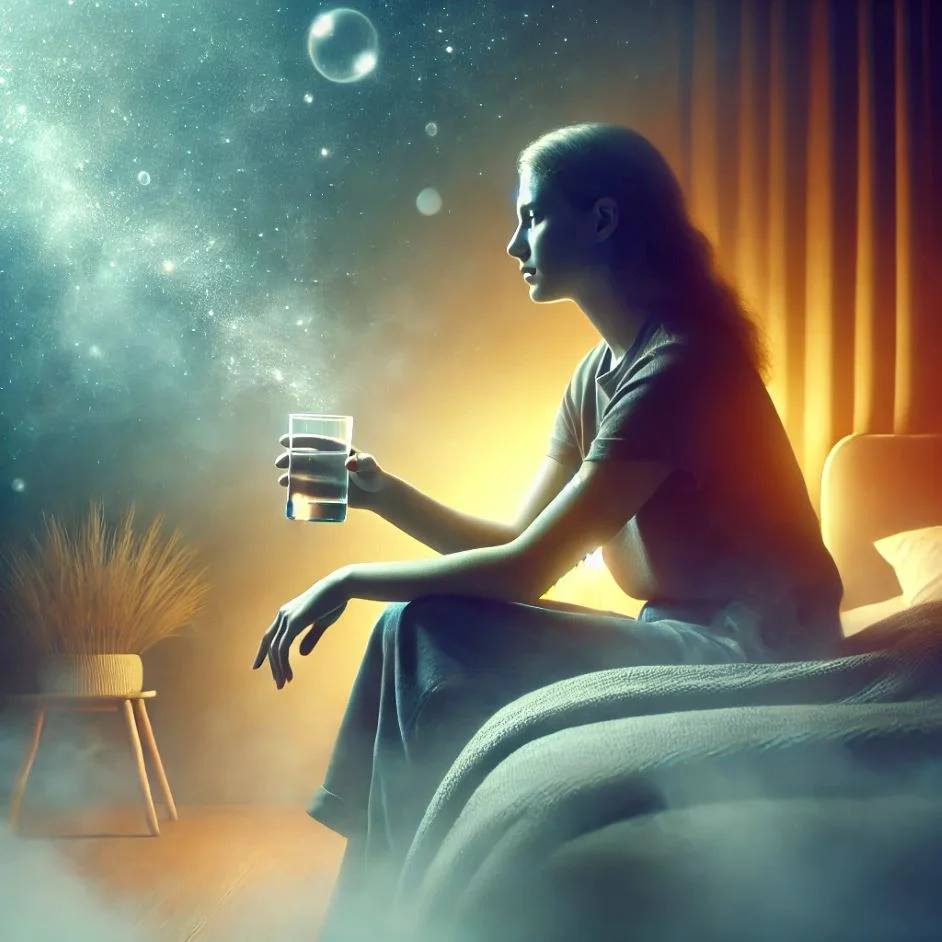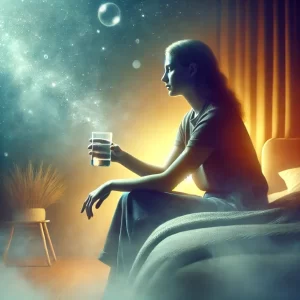What if you get drunk in a dream and then immediately wake up? Will the intoxication or hangover carry over into reality? In a new experiment, a hundred lucid dreaming practitioners tried this out. The experiment falls into a broader area of exploration we might call alcohol and lucid dreaming—a curious intersection that blends subjective experience with cognitive science.
Do you have any idea why people are so obsessed with lucid dreams? Almost all practitioners say that lucid dreams are a doorway to magical worlds where you can fly, ride dinosaurs or unicorns, and so on. But many practitioners don’t do such fantastic activities and instead dream about more realistic things.
In fact, in lucid dreams, you can eat as much fast food and cake as you want, sleep with porn stars or your hot neighbor, take drugs, or drive a Ferrari. These are the kinds of things people actually do in dreams! Have you noticed that most lucid dream practitioners, like other enlightened folks, are quite calm and decent people? They might also be vegetarians and pray for world peace. They’re this way because they do all their dirty deeds in lucid dreams, which we’re going to discuss today.
Before you start searching for the easiest way to practice lucid dreaming, let me share some details with you. First, thanks to deepening methods and hyper-realism, the sensations associated with your actions in lucid dreams can be more intense than the sensations you feel in the physical world. That’s why it’s so cool. And this extends beyond dreams—it’s also true of sleep paralysis and even out-of-body experiences, for example. All of these states arise during the REM sleep phase, which we call “the phase state,” or simply “the phase.” This is what we study in the “Elijah” project, through which we offer identical tasks to hundreds of practitioners.
Many phasers have tried drinking alcohol in lucid dreams. I first tried this myself almost twenty years ago and was blown away by the results. In our research into alcohol and lucid dreaming, we take rumors or personal cases only as hints for experiments. To find the truth about consuming alcohol in a dream, we needed more reliable data. Specifically, we needed at least a hundred people to complete the same task before we could confirm our hypothesis.
That’s why we asked our volunteers to enter the phase state, find any kind of alcohol, drink until they became intoxicated, and then wake up to check for real effects. As hard as it may be to believe, such experiments are extremely important.
Experiment Results
Over several months, we confirmed reports from 107 volunteers. (Thank you to everyone who participated in this research—our project can’t exist without you!) More than 47% of these volunteers had experienced 100 or more phases in their lives.
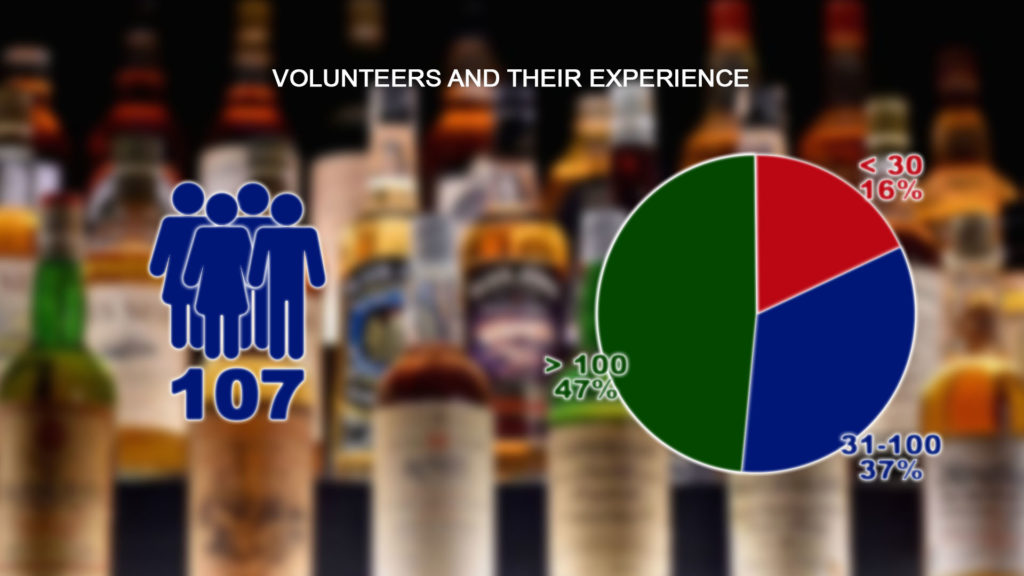
In this experiment, most of them drank wine, vodka, beer, whiskey, or cognac. Did it work? We found that 51% of participants got drunk in the phase, though we found no correlation between the type of alcohol and the result. So, it’s not just about visual or tactile sensations in the phase—you can also change your mood and consciousness. You can literally get drunk in a dream, and no one will know! Cool, right? But that’s not all.
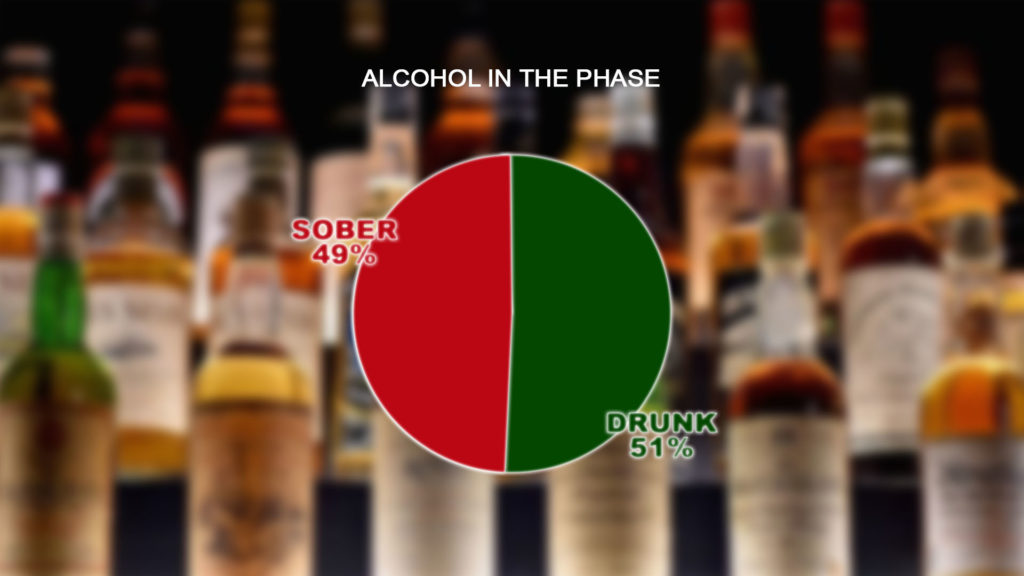
Of the participants, 13% were able to stay drunk or experience a hangover after waking up. Yes, you can drink alcohol in a lucid dream and then enjoy the result after waking up. I know it sounds absurd, but it’s true, and I bet that’s good news for some of you.
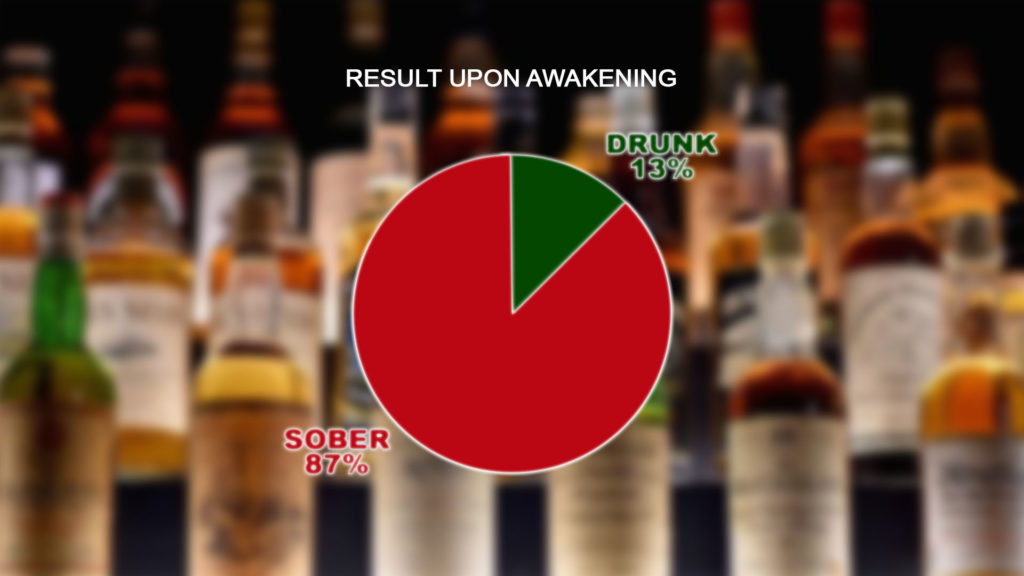
The news may be even better if you’re a woman, as experimental results indicate that you have a much higher chance than men of getting drunk in the phase. In this particular experiment, 17% of women woke up drunk (vs. 10% of men).
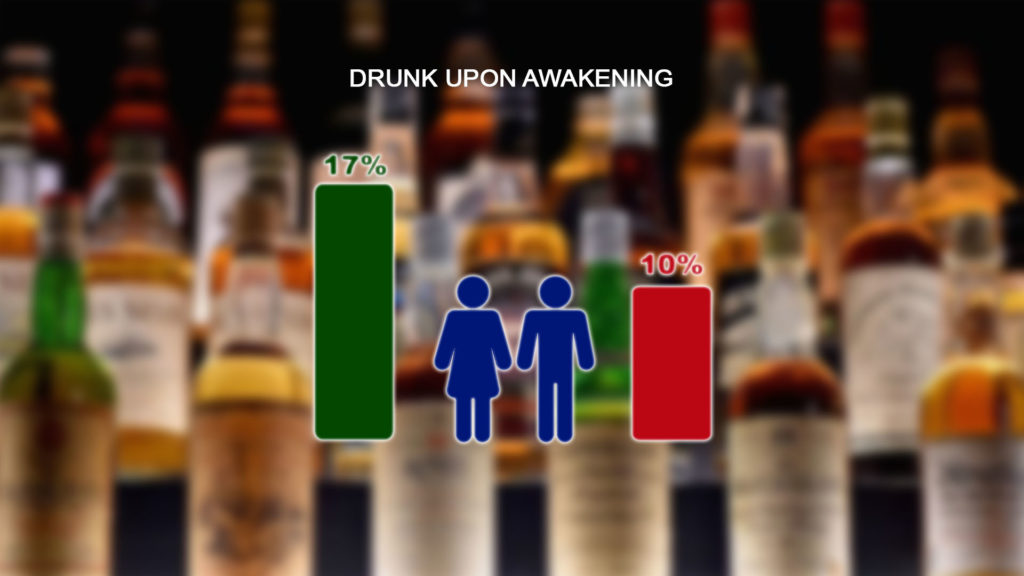
It appears that even how you enter the phase state matters. If you become aware in a dream, you’re almost three times more likely to get truly drunk than if you use the indirect method, where you enter the phase after awakening.
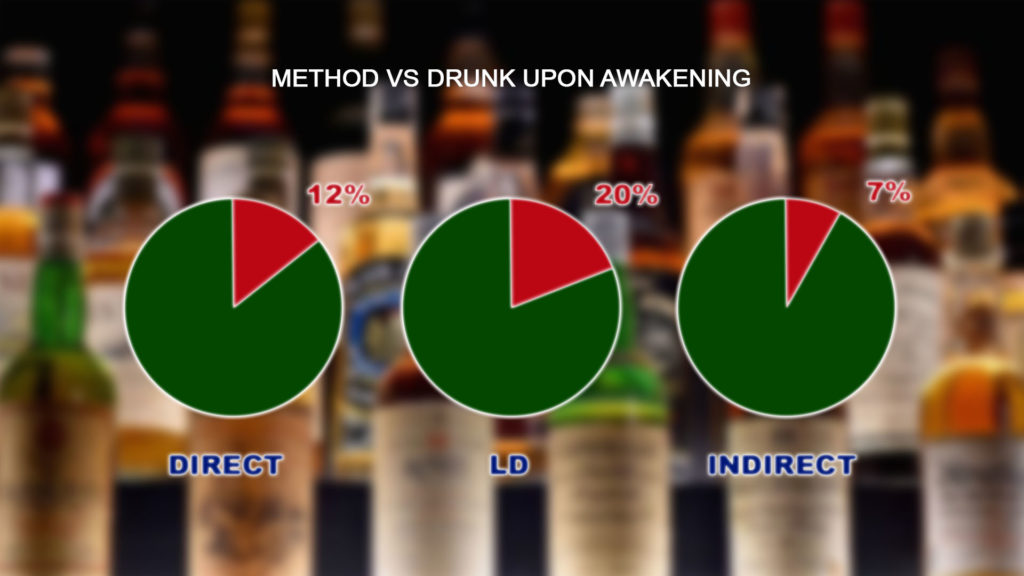
Parents won’t let you drink beer? No money in your pocket? Too young to buy vodka legally? Is alcohol banned in your country? Want to wake up in a good mood? Now you have a solution!
Why Research Is Needed
Although achieving drunkenness in a dream seems like a trivial pursuit, the experiment and its results are very real and valid (and, if anyone asks, the participants got drunk purely in the name of science). Maybe that’s the only reason we should drink, but then there’d be too much science in our lives.
Before you find out why such experiments are important, let’s consider a few more details. Don’t forget that most of our volunteers were trying alcohol in the phase for the first time. And even then, half of them were able to get drunk, and some maintained the feeling for several seconds or minutes in the physical world. If you train this skill, it’s very likely you’ll be able to get drunk every time and for much longer.
There’s more good news. You don’t actually need wine or beer to get drunk in the phase! These drinks just help you achieve the key mental state because of the way our brains are programmed. With practice, you can instantly get drunk in the phase just by wishing it!
You might be wondering why the participants needed to consume alcohol in a dream. Well, let’s talk about the reason for this strange experiment. When people are drinking alcohol in a dream, it’s not just about the taste of the drink. The effect genuinely influences our consciousness and physiology. Imagine that instead of wine or vodka, you were taking medicine. It could work. It seems that the brain can’t tell the difference between actions that take place in real life and the phase.
We ran this experiment to see if we could take advantage of this. We used alcohol because almost everyone is familiar with its effects. This allowed us to easily test the psychophysiological correlations between people’s actions in the phase state and in their brains. The alcohol and lucid dreaming connection turned out to be a perfect model for testing how imaginary substances affect real-world experience.
We are currently conducting many similar experiments to push the boundaries of phase practice.
In the future, such experiments will have several benefits, such as leading to new treatment methods. To me, there’s no question that some illnesses can be very effectively treated in the phase. In fact, perhaps only the phase can help some individuals with certain illnesses. Wait a few months or years, and we’ll prove it.
I hope this article has shown you that the phase state is one of the most amazing things in our lives. That’s why so many people practice it. It’s not as difficult as you might expect, and many new practitioners see their first results in one or two nights. Why not try it today?
Lucid Dreaming – Books by Authors-Practitioners
FAQ
Recommended reading
Things that help you lucid dream

